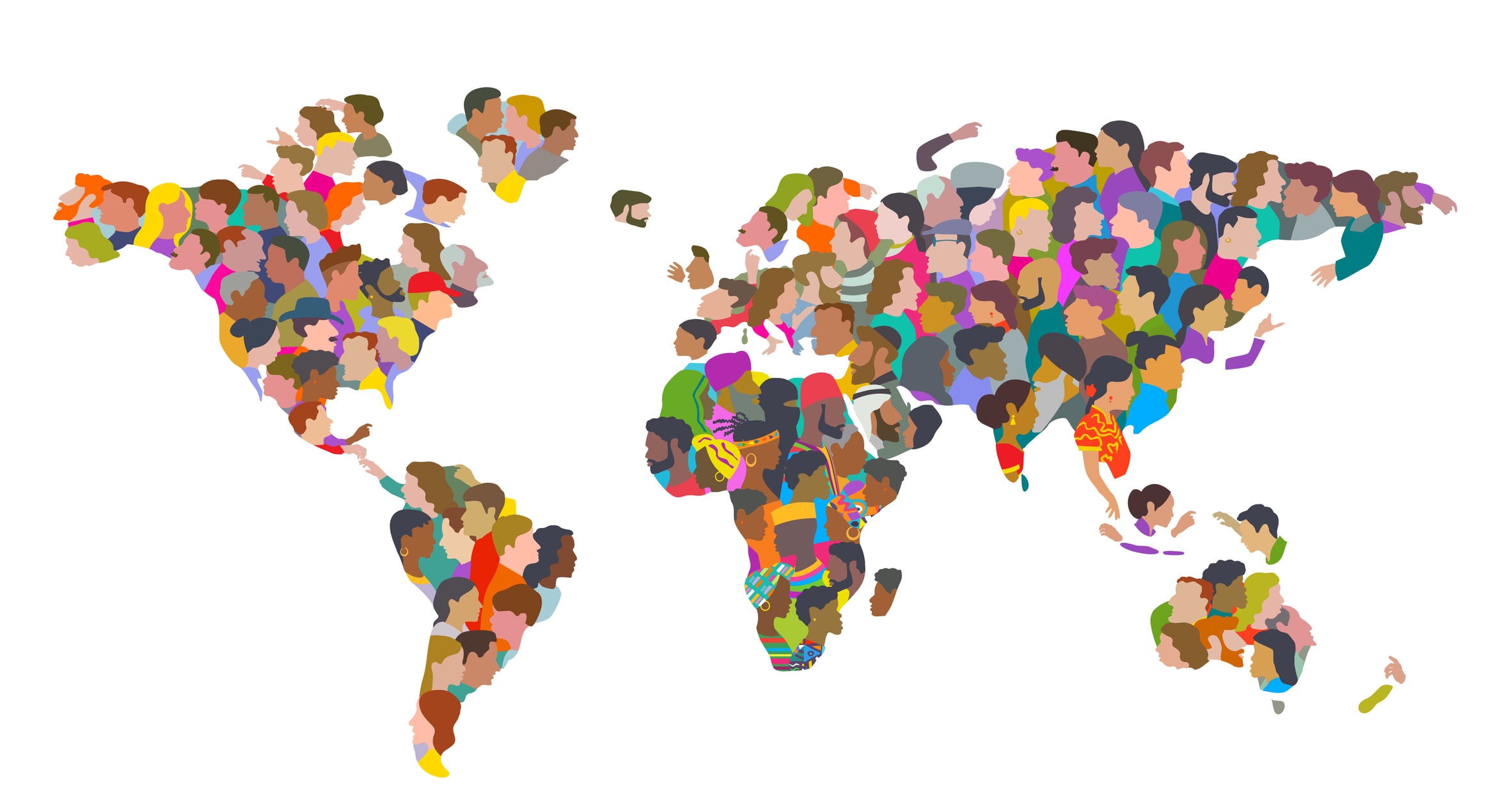Today, We Celebrate
National cultural heritage and history observances and events matter. Here’s why.
Even if you were born in America—even if you consider yourself an American above all other things—everyone has a heritage. Your family tree may span back to the indigenous people of the American Southwest, or your grandparents may have immigrated to the U.S. in the 19th century. Perhaps, for you, heritage doesn’t refer to where your ancestors originated geographically but rather stems from another facet of your being, such as your gender, sexual identity or religion. “Heritage” can be a set of traditions that are handed down, as well as something that comes by reason of one’s birth. The heritage that you choose to recognize is personal and unique.
Since 1926, when the roots of Black History Month took hold, Americans have gradually begun celebrating their heritage and history with day-, week- or month-long observances. At face value, it might seem like highlighting a person’s heritage only emphasizes our differences. These observances, however, shine a spotlight on the contributions of often-overlooked cultures and help reframe the narrative of American history. Americans didn’t all come from one place, nor do they all have the same culture—but each of those cultural heritages and histories are worth commemorating...
Sign Into Your SNA Account
This page is for SNA members. Not a member? Join today! If you’re having trouble logging into your account, contact the SNA Service Center.




